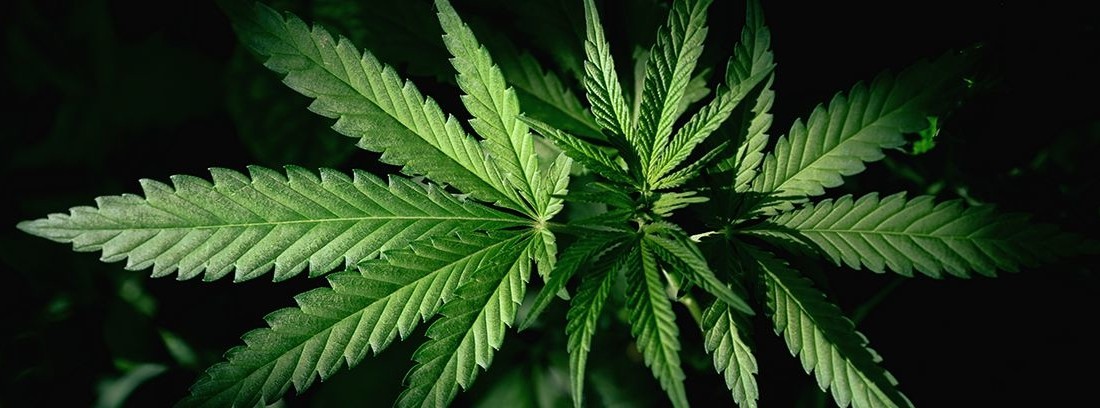Effects of cannabis in adolescence

According to the World Health Organization the cannabis is the most widely used illegal drug in the world. Especially worrying is the fact that consumption starts at an earlier age, in the adolescence, between the ages of 12 and 17, precisely a time when the brain is very plastic and important synaptic connections are being formed, especially with regard to the acquisition of knowledge and the control of negative stimuli such as fear or anxiety.
What is cannabis and cannabinoids?
The cannabis or marijuana It is obtained from the hemp plant, Cannabis sativa. A series of compounds can be extracted from this plant, such as maria or hashish, which contain various types of cannabinoids, among which it is worth highlighting the tetrahydrocannabinol or THC, what is the compound responsible for psychotropic and psychoactive effects of cannabis use. The cannabis plant contains more than 500 different chemical compounds, among which about 170 are cannabinoids, some with psychotropic effects such as THC, and others with less harmful effects on the nervous system, such as cannabidiol (CBD) or cannabinol ( CBN).
Effects of recreational cannabis use
The effects of cannabis last between two and six hours if you smoke and a little more if ingested. Using cannabis recreationally can have a number of effects. Short-term effects:
- Altered visual perception
- Reduced motor capacity
- Speech disturbance
- Dry mouth
- Eye redness
- Increased appetite
- Anxiety
- Euphoria
- Mood improvement
- Short-term memory loss
- Paranoid states
Long-term effects:
- Non-reversible cognitive disorders.
- Impairment of psychosocial skills.
- Increased risk of anxiety.
- Greater risk of psychotic pictures.
- Worsening of underlying psychiatric disorders.
- Consumption of other toxic substances (alcohol, cocaine).
Furthermore, habitual cannabis users are estimated to have five times the risk of developing depression or anxiety than non-cannabis users.
Detect addiction at an early age
Like all drugs, cannabis can cause addiction and one of the important factors is the age of initiation of consumption. It has been seen that the sooner you start to consume cannabis the greater the health effects of this drug, with special repercussion on the mental state of the patients, who present pictures of irritability, difficulties in falling asleep, lack of appetite, anxiety and physical and mental need to
It is estimated that 10-20% of people who use cannabis regularly can become addicted to it, which deteriorates their physical, mental, social, academic and work status. The fact that consumption every time it starts at younger ages, in adolescence, between the ages of 12 and 17, which is when the brain is very plastic and important synaptic connections are being formed, especially with regard to the acquisition of knowledge and the control of negative stimuli such as fear or anxiety. Recent studies postulate that cannabis use at an early age can alter adaptation to fear and make these people, in adulthood, suffer a higher incidence of anxiety disorders.
Likewise, consumption has increased among younger people because few of these young people have the perception that it is a dangerous drug, that it can create addiction or that it can cause damage to their health, their academic performance or their social skills. Advance Medical Consultant Physician
(Updated at Apr 14 / 2024)